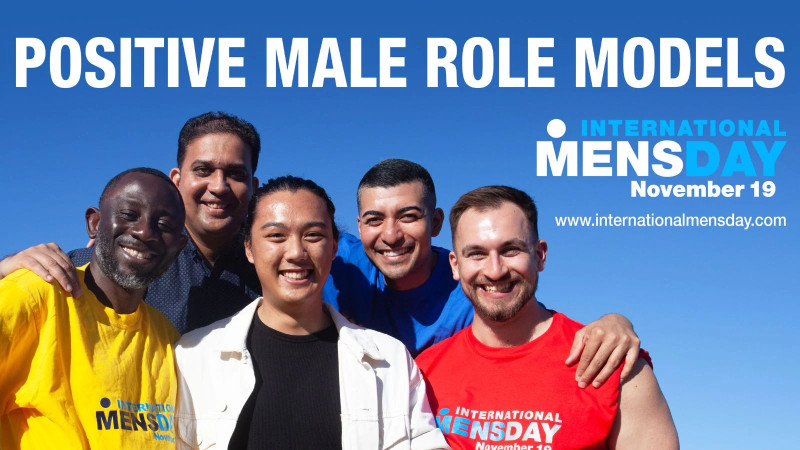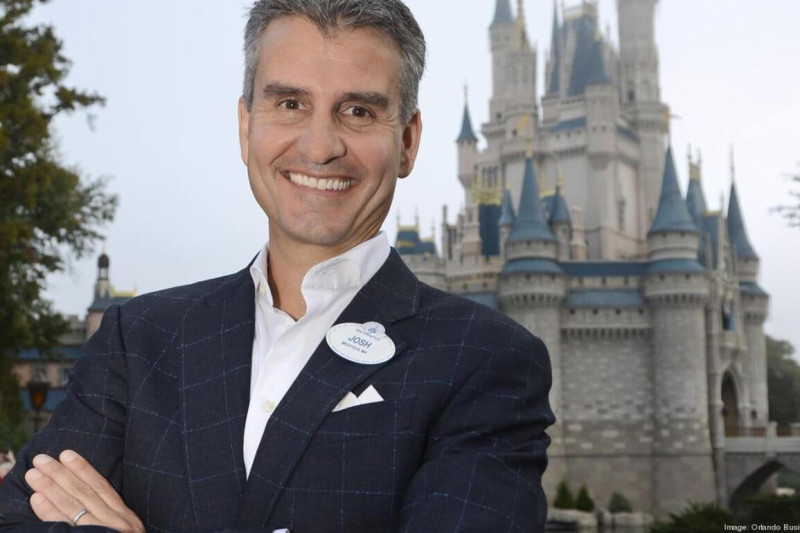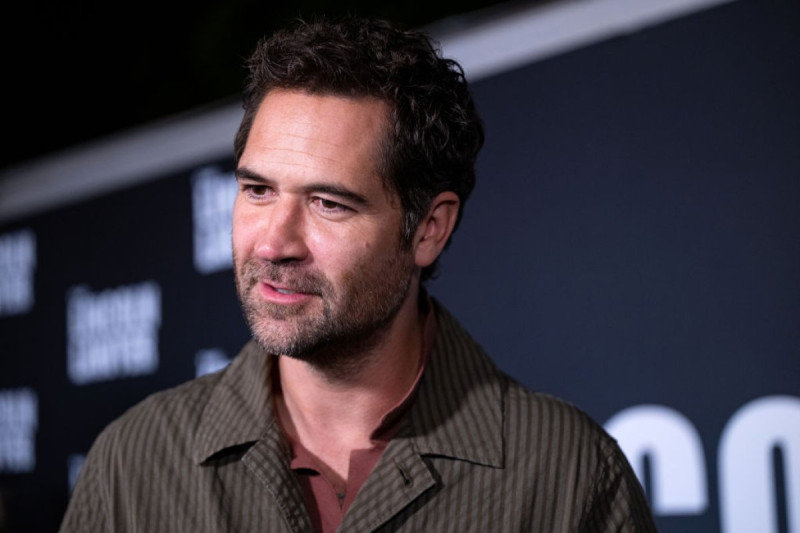Today, on November 19, 2025, people around the world observe International Men's Day, a day dedicated to celebrating the positive value men bring to the world, their families, and communities. This annual event serves as a reminder to recognize the contributions of men, promote gender equality, and address the issues that uniquely affect males.
The history of International Men's Day dates back to 1992, when it was first observed in Trinidad and Tobago. The event was initiated by Dr. Jerome Teelucksingh, a history professor at the University of the West Indies, with the aim of celebrating the positive contributions of men to society and addressing issues related to men's health and well-being .
One of the core objectives of International Men's Day is to raise awareness about men's health issues. Globally, men are less likely to seek medical attention and more likely to suffer from preventable health problems. According to the World Health Organization (WHO), men have a shorter life expectancy than women in almost every country, primarily due to lifestyle factors and delayed healthcare seeking behavior. The day encourages men to prioritize their health and engage in preventive care measures.
Another key focus of International Men's Day is promoting gender equality and challenging harmful stereotypes about masculinity. The event aims to break down traditional gender roles that often limit men's emotional expression and foster a culture of toxic masculinity. By promoting positive male role models, the day encourages a more balanced and healthy approach to gender dynamics.
Celebrations for International Men's Day vary widely around the world. In some countries, community events, seminars, and health fairs are organized to educate men about health issues and promote positive masculinity. Others use this day to honor fathers, brothers, and sons, recognizing their roles as caregivers and contributors to family and society. Social media campaigns also play a significant role in spreading awareness and encouraging discussions about men's issues.
Critics of International Men's Day argue that it undermines efforts towards gender equality by diverting attention from issues faced by women. However, proponents maintain that the day complements women's movements by addressing the unique challenges men face and promoting a more inclusive approach to gender equality. By acknowledging the complexities of gender dynamics, the day aims to create a more balanced and equitable society.
In conclusion, International Men's Day is more than just a celebration; it is a call to action. It encourages men to prioritize their health, challenges harmful stereotypes, and promotes gender equality. As we observe this day, let us take a moment to appreciate the positive contributions of men and work towards a future where both men and women can thrive.



